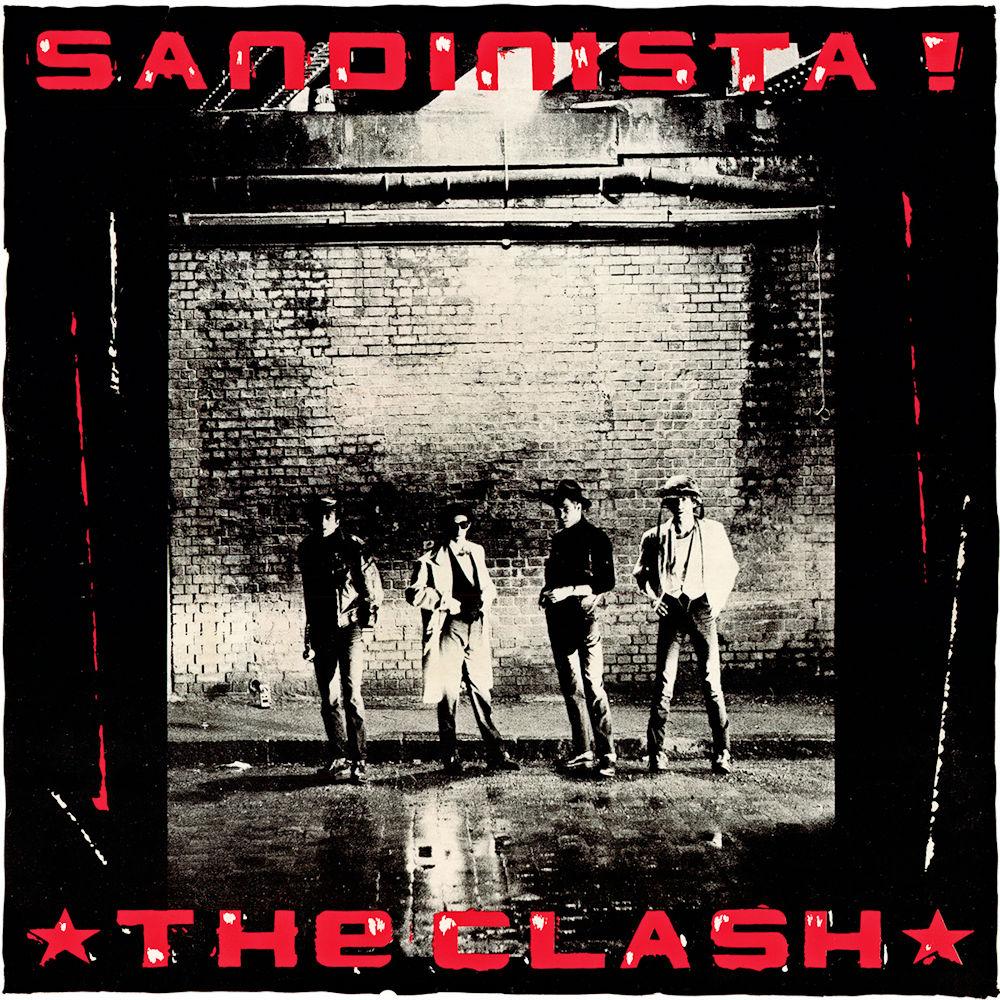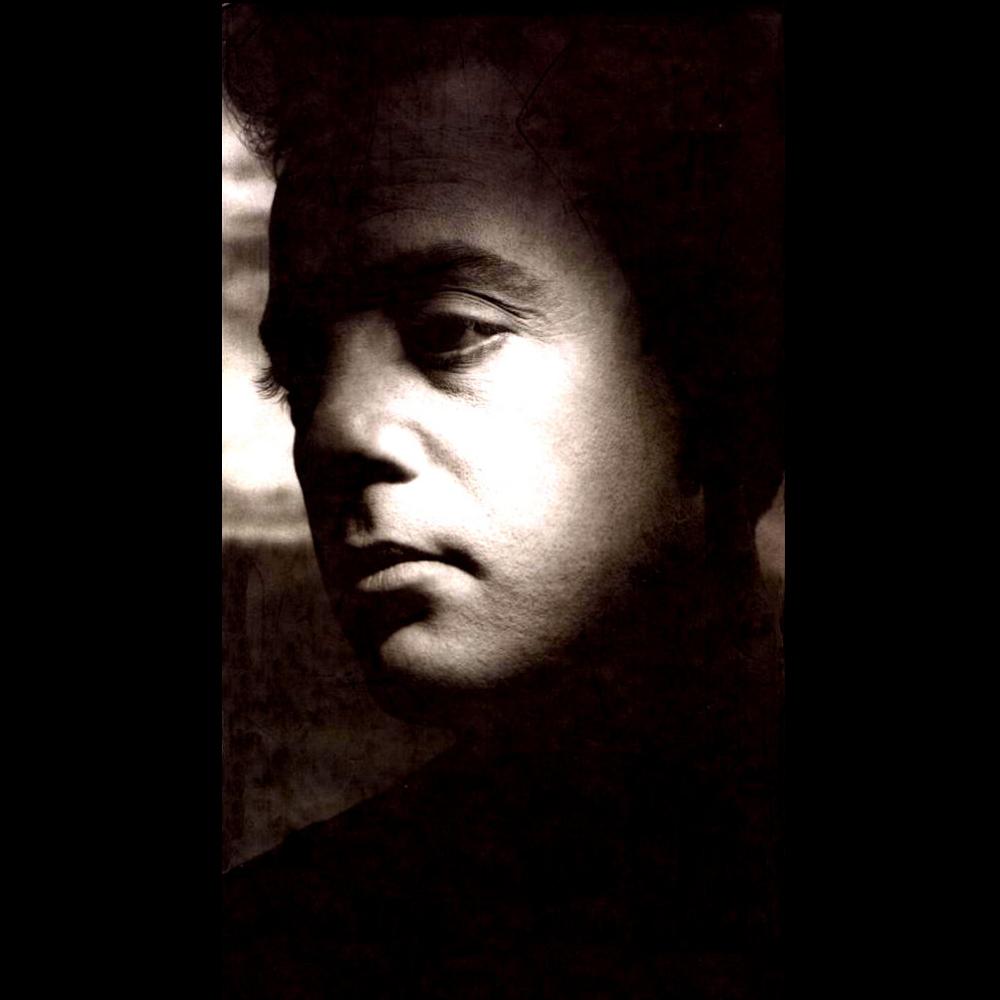
Album Information:
Album ID: 10041
The Clash - Sandinista!
Label: Epic
Catalog Number:
88725462122
Release Date:
December 12, 1980
Disc 1
Disc 1
1. The Magnificent Seven 5:32
2. Hitsville U.K. 4:21
3. Junco Partner 4:52
4. Ivan Meets G.I. Joe 3:05
5. The Leader 1:42
6. Something About England 3:42
7. Rebel Waltz 3:26
8. Look Here 2:45
9. The Crooked Beat 5:28
10. Somebody Got Murdered 3:34
11. One More Time 3:31
12. One More Dub 3:35
Disc 2
1. Lightning Strikes (Not Once But Twice) 4:51
2. Up In Heaven (Not Only Here) 4:30
3. Corner Soul 2:42
4. Let's Go Crazy 4:24
5. If Music Could Talk 4:36
6. The Sound Of Sinners 4:00
7. Police On My Back 3:16
8. Midnight Log 2:10
9. The Equaliser 5:46
10. The Call Up 5:26
11. Washington Bullets 3:51
12. Broadway 5:48
Disc 3
1. Lose This Skin 5:08
2. Charlie Don't Surf 4:54
3. Mensforth Hill 3:42
4. Junkie Slip 2:48
5. Kingston Advice 2:37
6. The Street Parade 3:28
7. Version City 4:23
8. Living In Fame 4:50
9. Silicone On Sapphire 4:16
10. Version Pardner 5:21
11. Career Opportunities 2:30
12. Shepherd's Delight 3:27


 Last Played: 12/23/24 03:33 PM
Last Played: 12/23/24 03:33 PM Last Played: 12/23/24 03:24 PM
Last Played: 12/23/24 03:24 PM